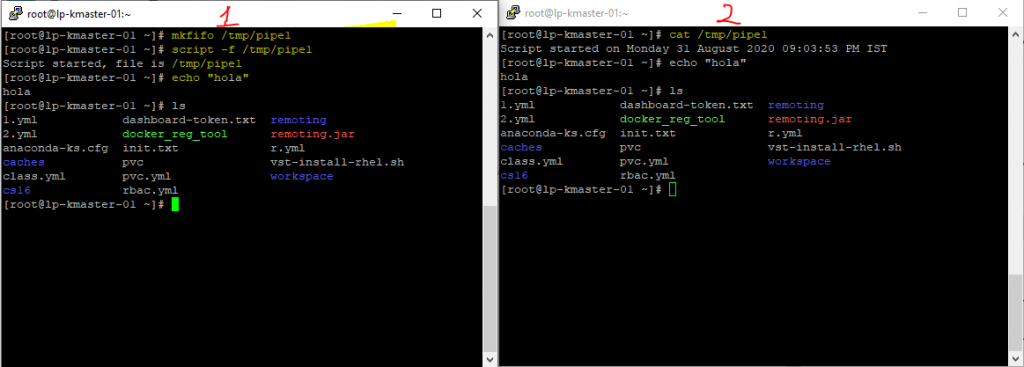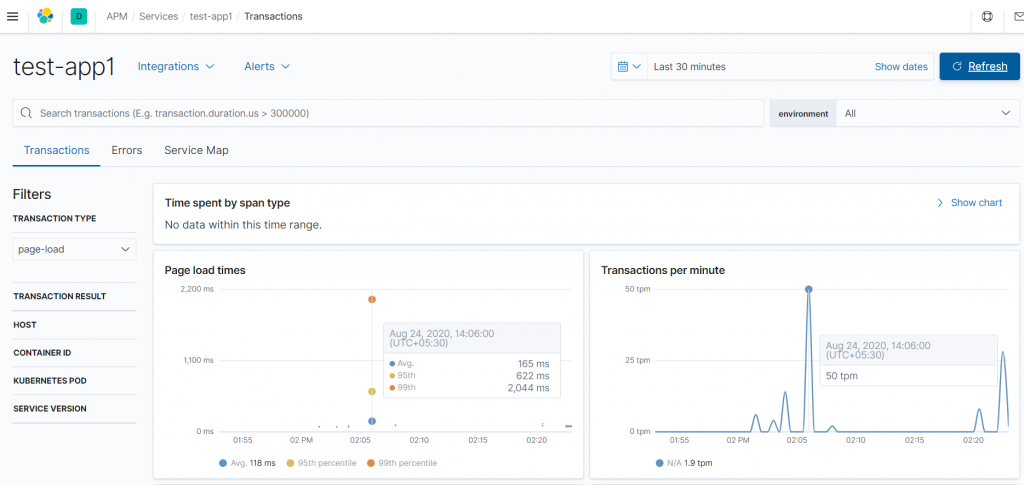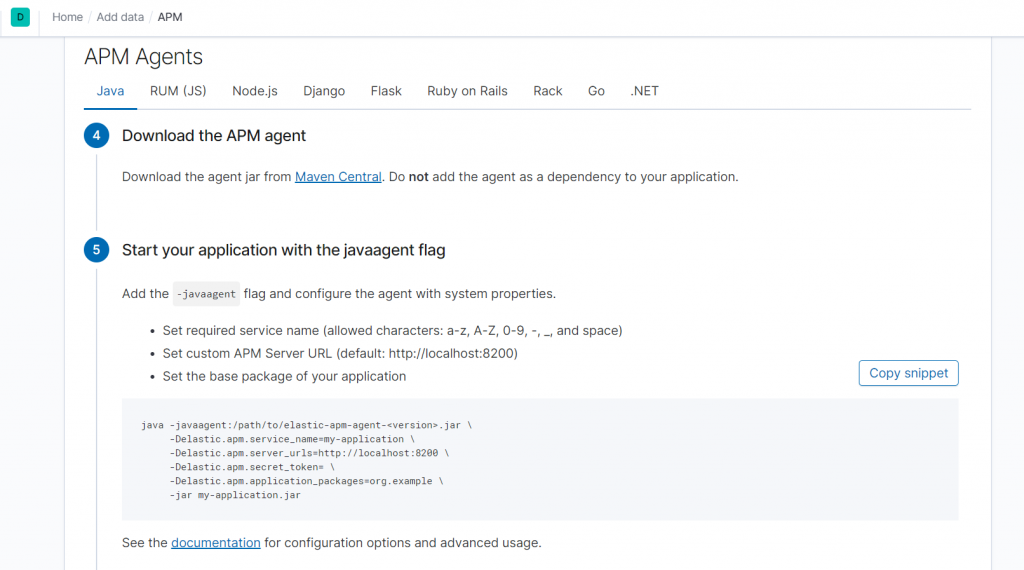– Download terraform from https://www.terraform.io/downloads.html
unzip terraform_0.13.4_linux_amd64.zip
mv terraform /usr/bin/
– Setup and configure aws cli
– Create a file ec2.tf
provider "aws" {
region = "ap-south-1"
}
resource "aws_key_pair" "ap-web-01" {
key_name = "ap-web-01"
public_key = "YOUR_SSH_PUB_KEY"
}
resource "aws_instance" "ap-web-01" {
ami = "ami-086c142842468ba9d"
instance_type = "t4g.micro"
key_name = "ap-web-01"
security_groups = ["ap-web-01"]
user_data = "${file("userdata.sh")}"
tags = {
Name = "ap-web-01"
env = "prod"
owner = "admin"
}
}
resource "aws_security_group" "ap-web-01" {
name = "ap-web-01"
description = "ap-web-01 inbound traffic"
ingress {
description = "all"
from_port = 0
to_port = 0
protocol = "-1"
cidr_blocks = ["0.0.0.0/0"]
}
egress {
from_port = 0
to_port = 0
protocol = "-1"
cidr_blocks = ["0.0.0.0/0"]
}
tags = {
Name = "ap-web-01"
}
}
alb.tf
#target group
resource "aws_lb_target_group" "web1-tg" {
name = "web1-tg"
port = 80
protocol = "HTTP"
vpc_id = "vpc-01cf98f5afb156c90"
target_type = "instance"
}
#target group attachment
resource "aws_lb_target_group_attachment" "web1-tg-attach" {
target_group_arn = aws_lb_target_group.web1-tg.arn
target_id = aws_instance.ap-web-01.id
port = 80
}
#alb
resource "aws_lb" "web1-alb" {
name = "web1-alb"
internal = false
load_balancer_type = "application"
security_groups = [aws_security_group.ap-web-01.id]
subnets = ["subnet-093a2ddfcb7bc30b1", "subnet-0475d9e26dfdc9d00", "subnet-0274975b4af3513ee"]
tags = {
Environment = "web1-alb"
}
}
#alb-listner
resource "aws_lb_listener" "web1-alb-listner" {
load_balancer_arn = aws_lb.web1-alb.arn
port = "80"
protocol = "HTTP"
default_action {
type = "forward"
target_group_arn = aws_lb_target_group.web1-tg.arn
}
}
userdata.sh
#! /bin/bash
sudo apt-get update
sudo apt-get install -y nginx
sudo systemctl start nginx
sudo systemctl enable nginx
echo "<h1>hola Terraform</h1>" | sudo tee /var/www/html/index.html
terraform init
terraform plan
terraform apply -auto-approve
terraform destory
More : https://registry.terraform.io/providers/hashicorp/aws/latest/docs/resources/instance





